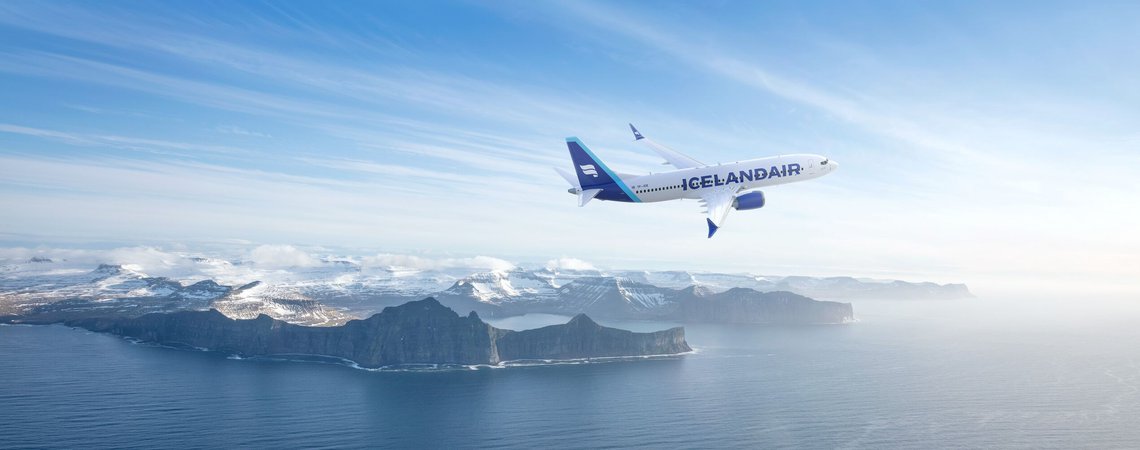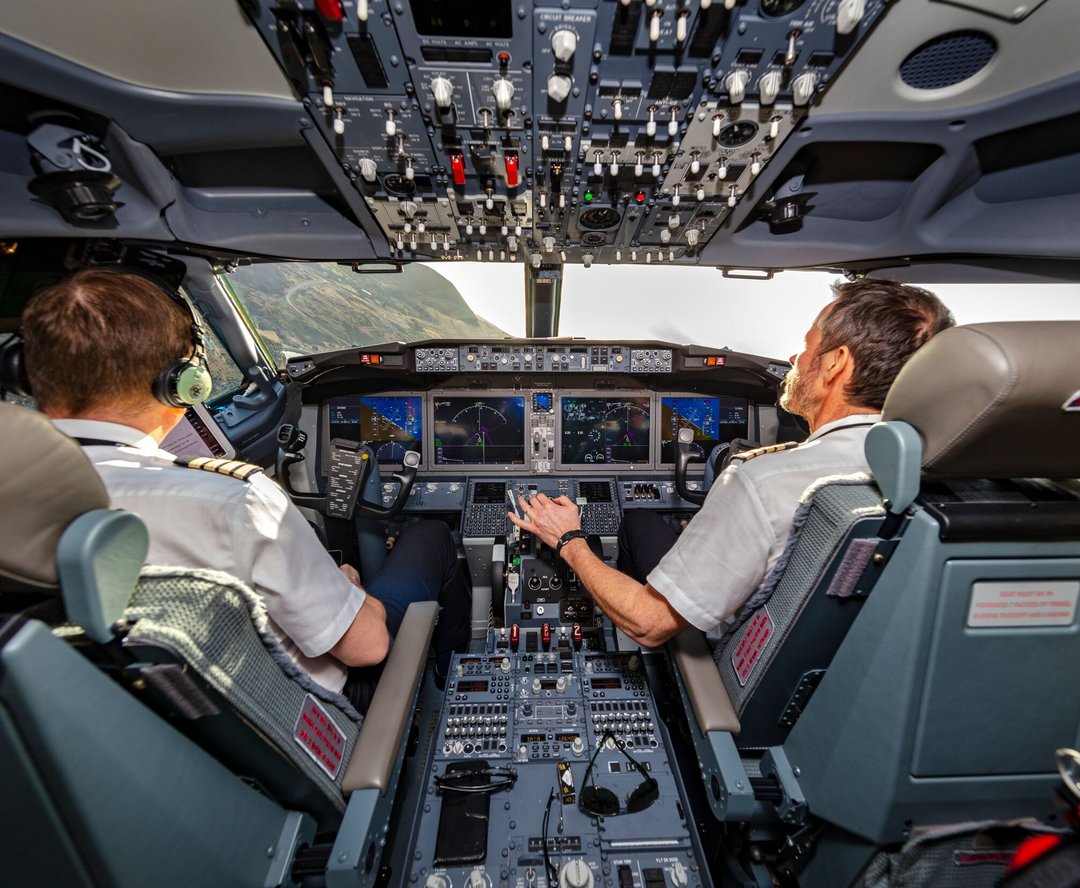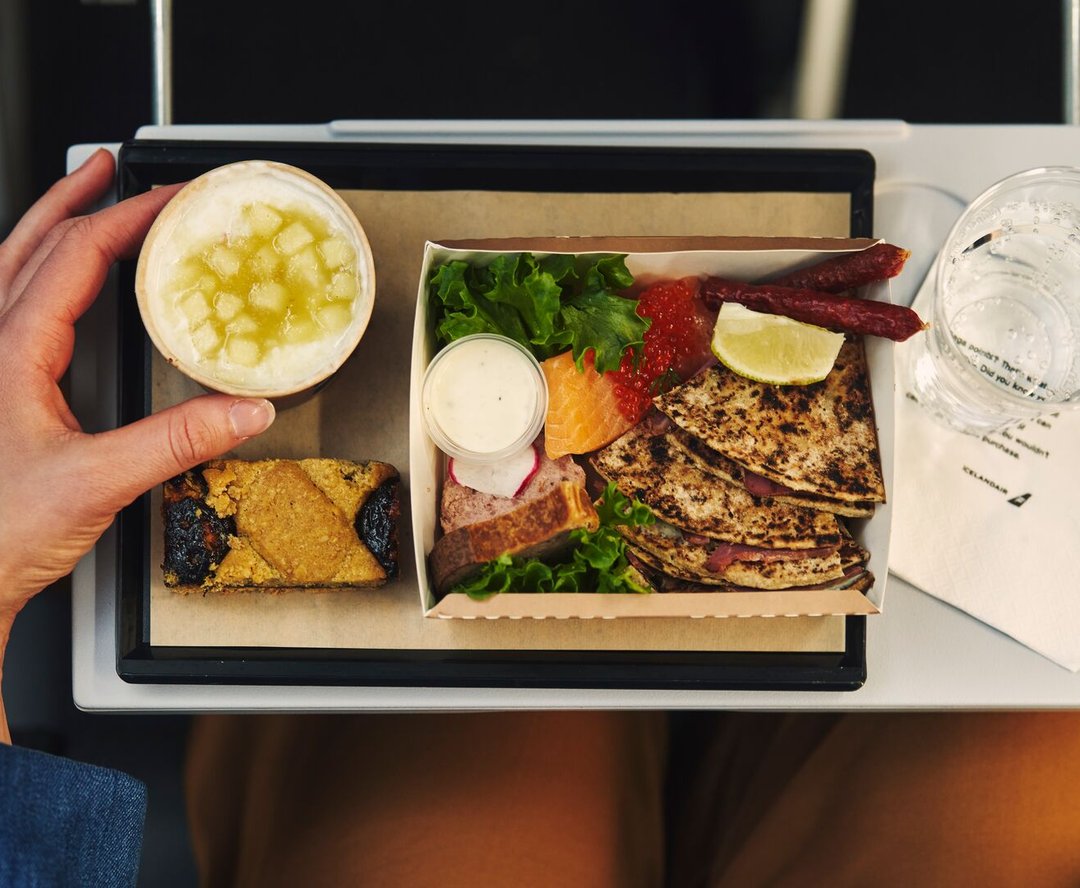Climate action
Icelandair is an environmentally-conscious company which recognizes the impact that air travel has on the environment and climate. Almost all of our carbon dioxide (CO2) emissions are generated from aircraft engine combustion. We monitor our GHG emissions closely and are committed to mitigating our carbon footprint. Climate risk, both physical and transition risk, is an important risk factor for the Company but it can also create new opportunities when managed successfully.



